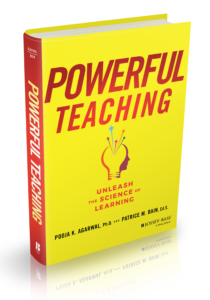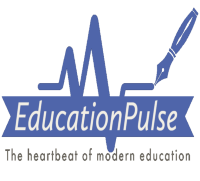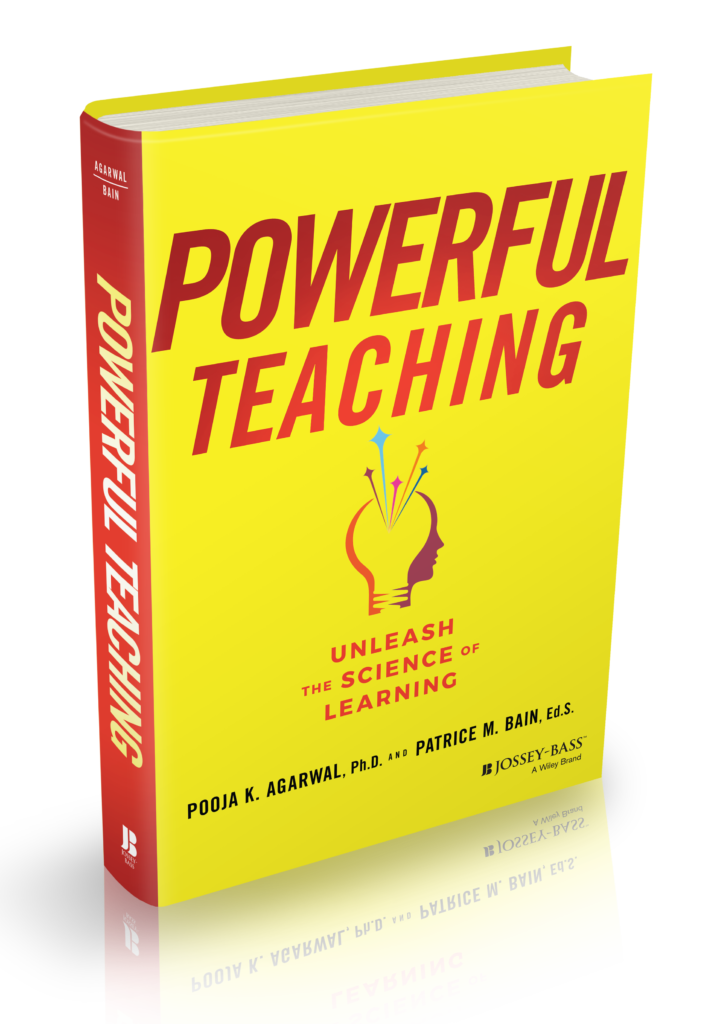In “Powerful Teaching”, Dr. Pooja Agarwal and Patrice Bain share their research-based findings about the science of learning. After several years of teaching and research, they provide a list of powerful tools for teachers such as retrieval practice, spacing, interleaving, and feedback-driven metacognition. These practical tools allow teachers to become powerful teachers which allows them to save time and teach more. In this article, we will focus on one of those tools: the retrieval practice.
“Powerful Teaching”, Dr. Pooja Agarwal and Patrice Bain share their research-based findings about the science of learning. After several years of teaching and research, they provide a list of powerful tools for teachers such as retrieval practice, spacing, interleaving, and feedback-driven metacognition. These practical tools allow teachers to become powerful teachers which allows them to save time and teach more. In this article, we will focus on one of those tools: the retrieval practice.
The retrieval practice is a powerful tool for learning which boosts learning by pulling information from students’ heads. Typically, the teachers focus on getting information into students’ heads. However, evidence of learning can only be proved when students actually demonstrate knowledge of content and skills on a certain topic. This could be in the form of a written assignment, project, or assessment. The level of knowledge can be measured with tools and it depends on how much information they retain after the process of learning.
Doug Lemov, the author of Teach Like a Champion, defines retrieval practice as a process that occurs when the learners recall most of the information they learned a long time ago and they can apply those skills. His definition of retrieval practice includes skills (such as solving math problems) and knowledge (remembering formulas). In a classroom setting, the retrieval practice can appear in different formats and it can be purposeful. The teachers need to apply these techniques in order to increase student learning and retention.
A study conducted in 2006 by Henry Roediger and Jeffrey Karpicke reveals the importance of retrieval practices. In this student, college students are provided with a topic to learn. The students are split into two groups with two different methods of studying. The first group is instructed to read the material over and over again. The second group was asked to write down things after reading the material only once. Both groups are tested after 5 minutes and the study indicates that the first group (re-reading) performs higher on the assessment.
About a week later, both student groups were tested again but this time they had no previous study or review sessions allowed. The results of this study were very interesting. In the first group, almost half the students could not remember the information from the passage. However, the second group almost performed as high as the first assessment and they retained most of the material even after a long period of time without any review. This study proves that when the students were engaged in a simple, quick retrieval method, they were able to remember more compared to the first group.
Retrieval practice has many benefits for teachers and students. The students are able to retain information for longer periods of time and make connections with the new material. It provides awareness of how much they know and how much they don’t know. It also boosts higher-order thinking and the transfer of knowledge. The tools provided in this book allow learners to pull out more information from their heads and demonstrate that knowledge through applications.
More information about the book and the authors can be found on their website: https://www.powerfulteaching.org/

